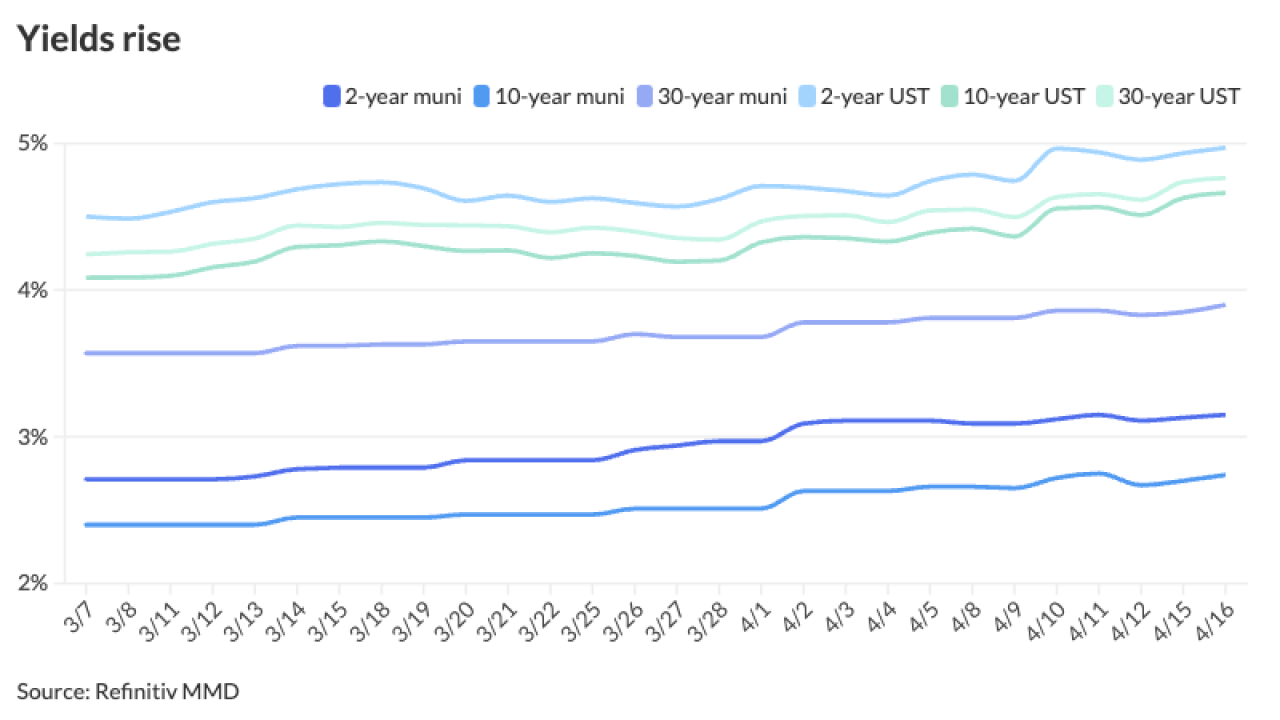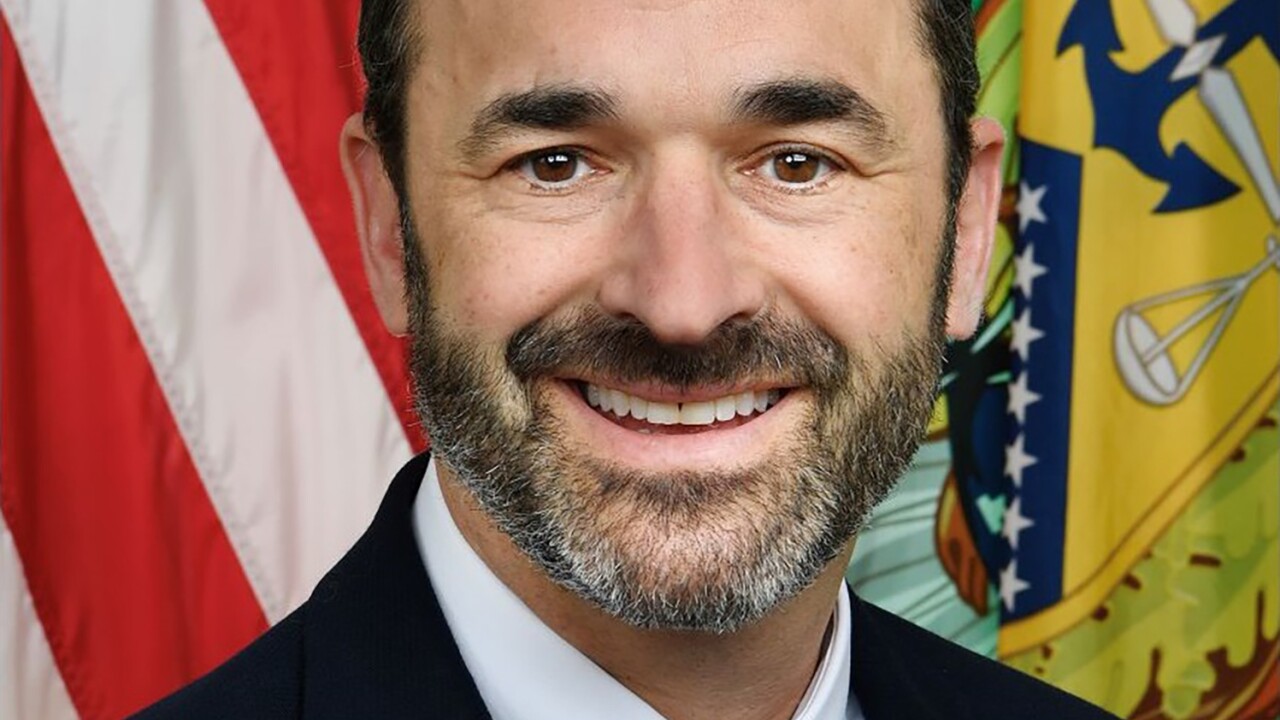
CHICAGO - Fresh from approving fare increases to shore up its operating budget, the Chicago Transit Authority is expected to enter the market today with $175 million of grant-backed revenue bonds to speed up spending on capital projects.
The borrowing brings the CTA's total debt to $2.95 billion, including $711 million of other grant-backed borrowing and nearly $2 billion of pension-related issuance.
Siebert Brandford Shank & Co. LLC is the book-running senior manager with JPMorgan serving as the co-senior manager. Additional members of the underwriting team are Banc of America Securities LLC, BMO Capital Markets GKST Inc., Duncan-Williams Inc., Merrill Lynch & Co., RBC Capital Markets, and Wachovia Bank NA.
The agency will use the proceeds to upgrade its rail car stock, improve its signage and signals, and for other rail-related projects. The bonds are solely secured by the CTA's Section 5309 formula grants from the Federal Transit Administration.
The sale represents the second half of the authority's planned grant-backed borrowing this year for capital improvements. It sold $350 million - including $100 million backed by 5307 grants and $150 million by 5309 grants - earlier this year.
The deal comes as the CTA is facing fiscal operating pressures from declining tax collections and the risks of payment demands related to one of its leaseback transactions involving a light-rail line known as the Green Line.
The CTA is among the 25 transit agencies across the country facing $1.5 billion to $4 billion of termination payments linked to leaseback deals that are in technical default because American International Group Inc. and other guarantors who backed the deals have lost, or are in danger of losing, their triple-A ratings. Transit groups were meeting with lawmakers yesterday in an attempt to persuade the federal government to step up as the new guarantor.
The CTA entered into eight leaseback transactions between 1995 and 2003, but only the Green Line transaction currently poses a default risk because of AIG's backing. The authority is working to replace AIG on the transaction - absent a federal backup - to avoid being forced to make a $76 million penalty payment.
The CTA also is seeking a restraining order as a pre-emptive measure from a Cook County judge that would prevent a move by the investors to terminate the lease.
The rating agencies affirmed the single A level ratings of the grant debt ahead of the sale.
"The A2 rating reflects the stability of federal funding for mass transit, recent passage of a state transit funding bill that should help improve the CTA's financial operations, and the CTA's strategic role in providing important transportation services throughout the Chicago metropolitan area," Moody's Investors Service wrote.
Like most other issuers that leverage 5309 and 5307 funds, the agency does not maintain a debt service reserve but it does pre-fund one year's worth of annual debt service payments. Factors that weaken the credit include the CTA's narrow liquidity levels and unfunded capital needs of $6 billion on top of a planned $2.4 billion five-year capital program.
There is a strong history of federal support for transit, and with a looming shortfall in the fund, Congress moved to transfer $8 billion in general fund resources to the highway trust in September. However, the bonds carry a final maturity out to 2026, covering three federal transportation reauthorization periods.
"A risk for these bonds is the potential for significant changes in federal transit funding policy with each new authorization period. Interruption in the flow of federal transit funding is highly unlikely given the broad-based political support for the program," Fitch Ratings said in a report.
At the local level, the CTA received a major fiscal boost to its operating budget with the approval early this year by the Illinois General Assembly of a transit bailout package that included a sales tax increase in the Chicago area and an increase in the city's tax on real estate transactions. The tax hikes will provide more than $100 million this year and an additional $200 million next year for the transit agency.
A portion of the revenues will go to repay nearly $2 billion of debt issued this summer by the CTA to bring its pension funds up to an 80% funded level, and to establish a trust to fund its other-post employment retiree benefits.
While the pension issuance and infusion of new revenue will provide long-term operating relief, the authority's budget remains strained due to poorer than expected sales tax and real estate transaction tax collections, increasing infrastructure costs and the expense of providing free rides to seniors mandated by Gov. Rod Blagojevich. The CTA board last week approved a fare increase in single ride fares and monthly passes and said it would cut 630 jobs to help close a $42 million deficit in the $1.3 billion budget for 2009.
The CTA is the second largest mass transit system in the nation with bus ridership last year of 309.3 million and 190 million rail riders, up 1.2% from a year earlier.





